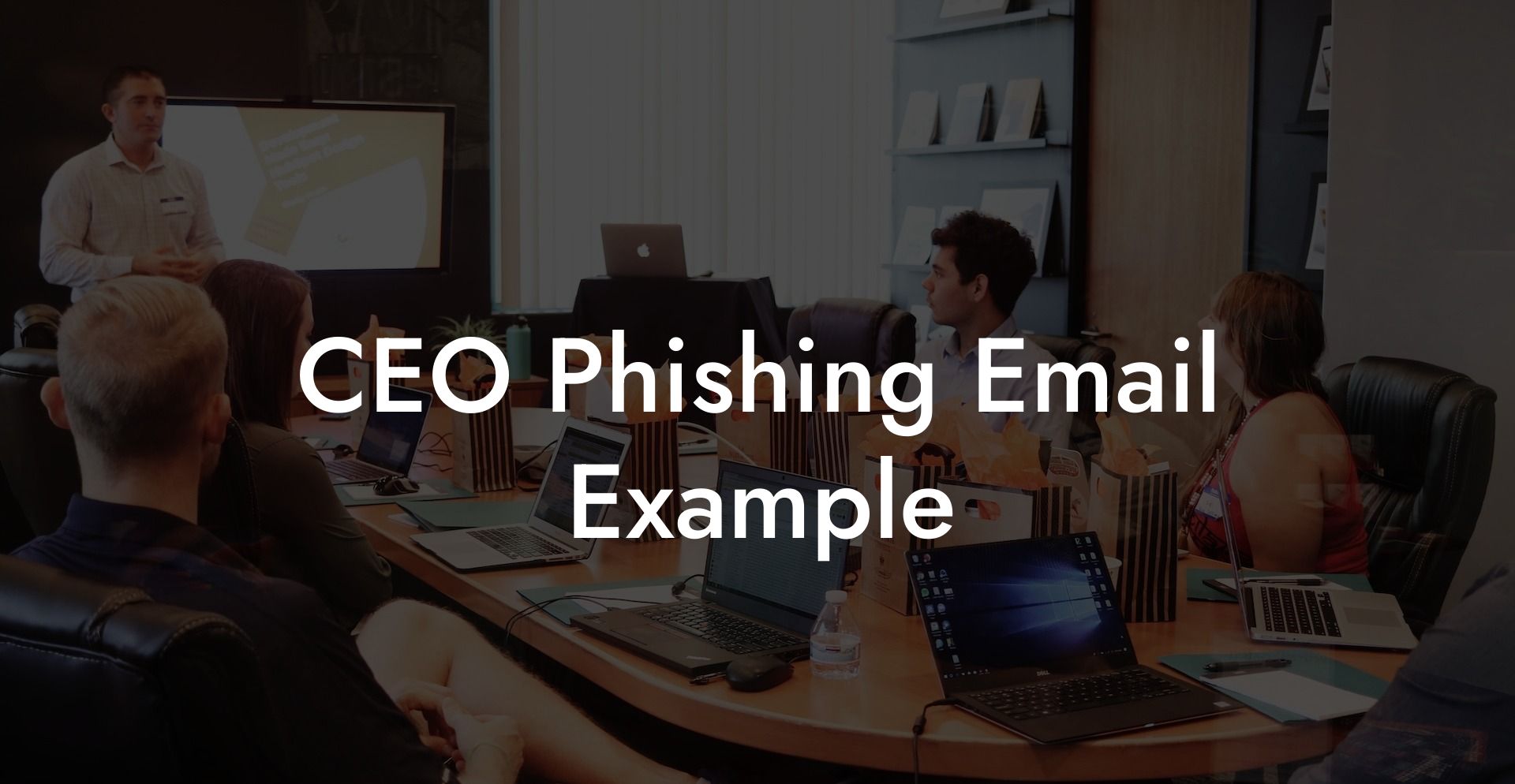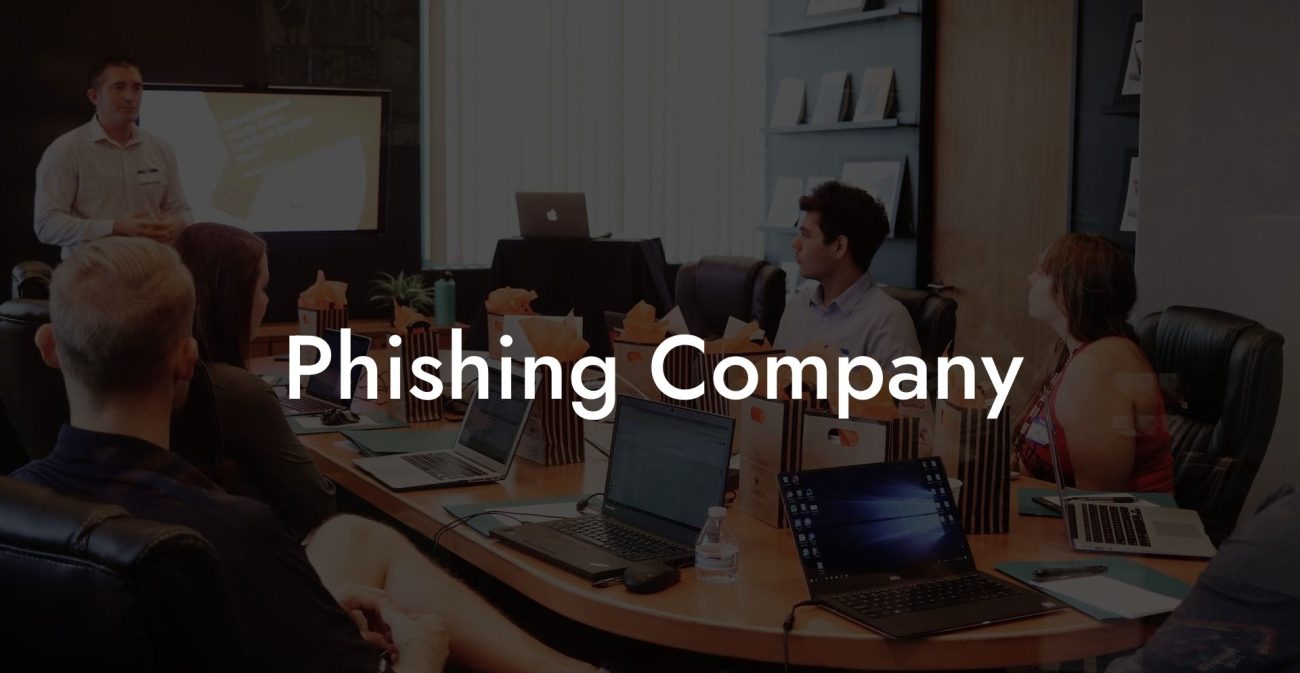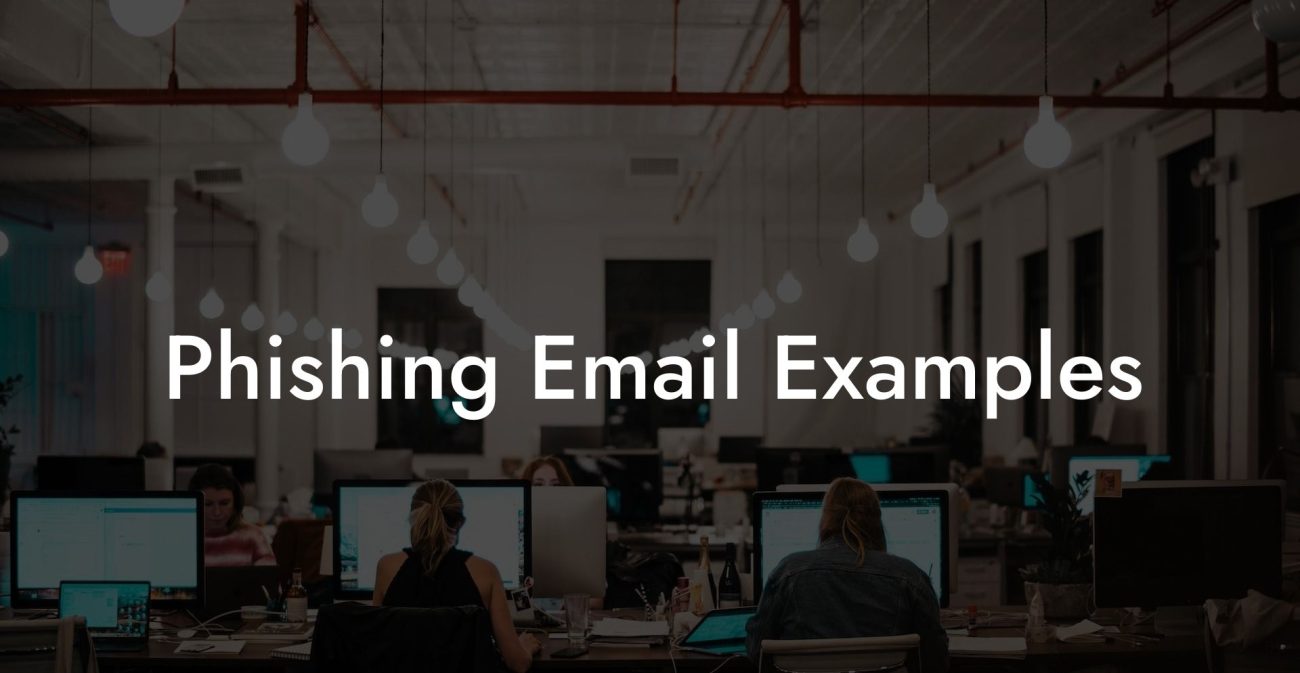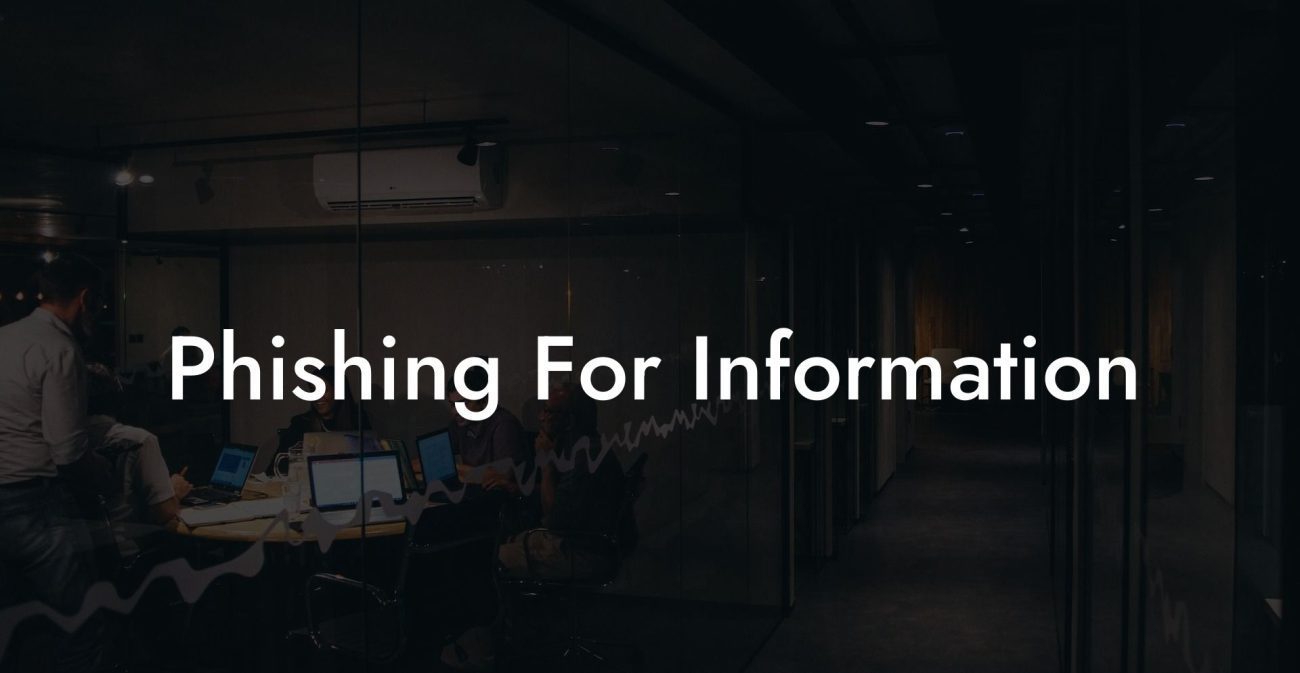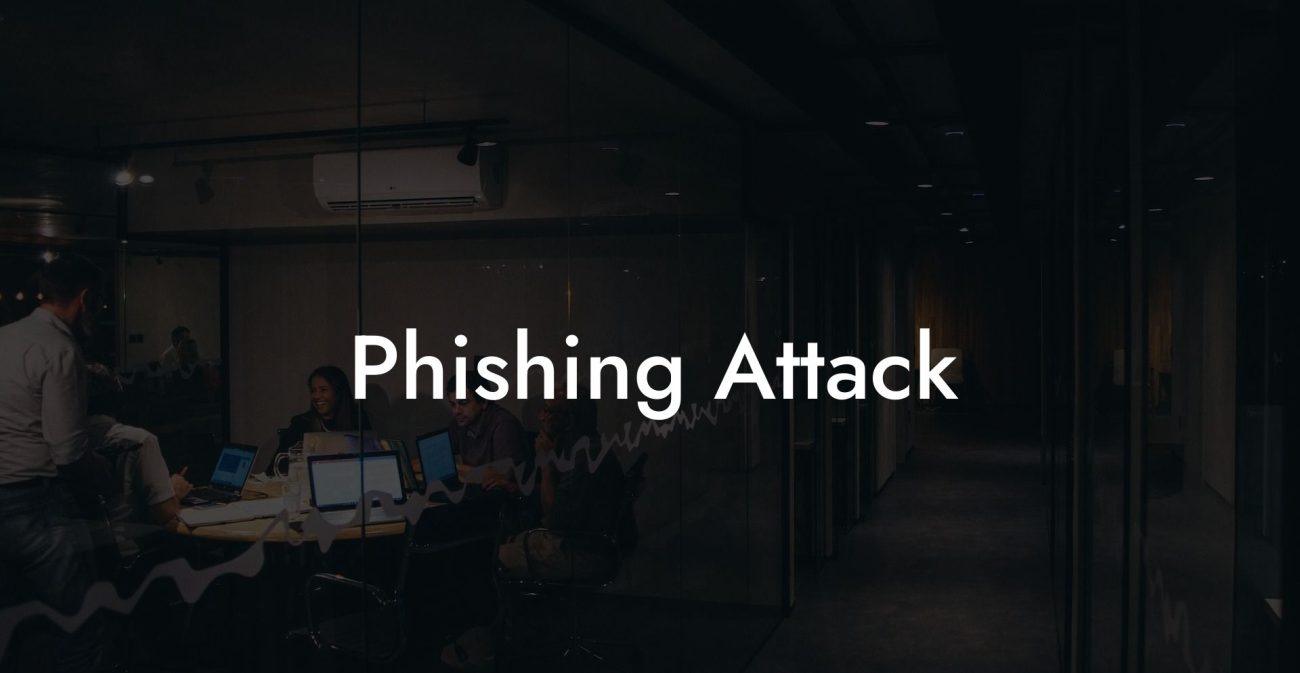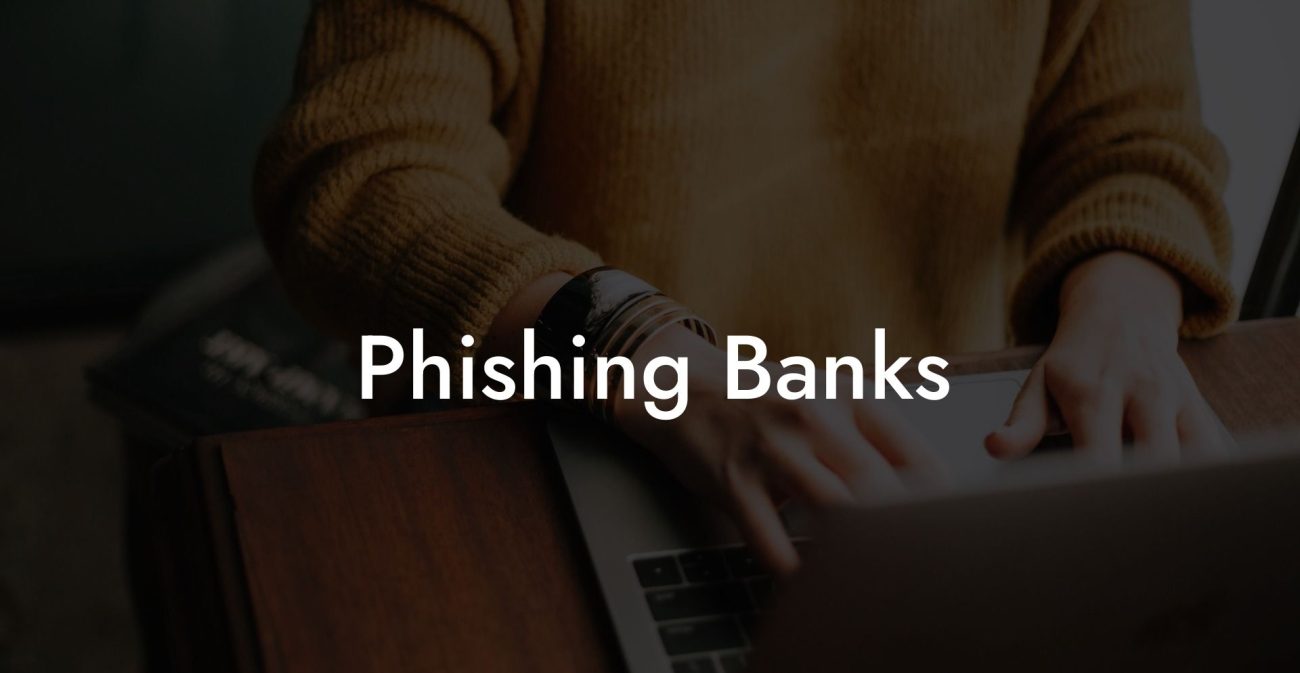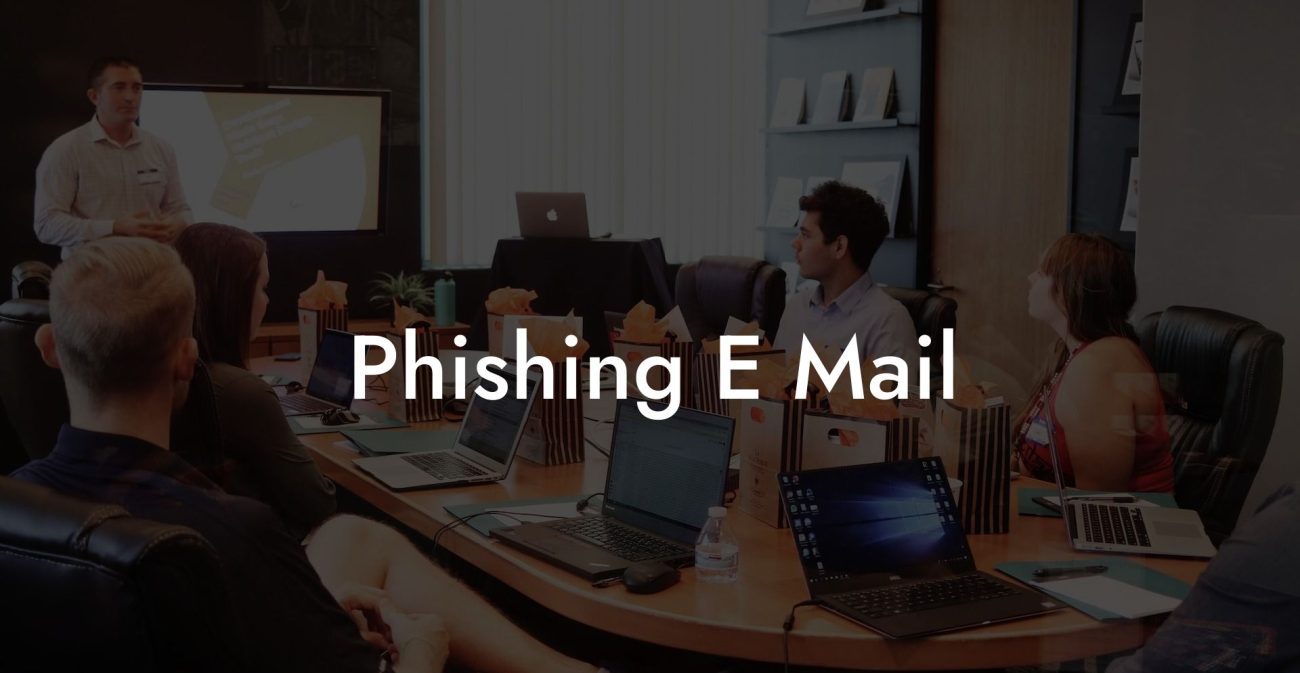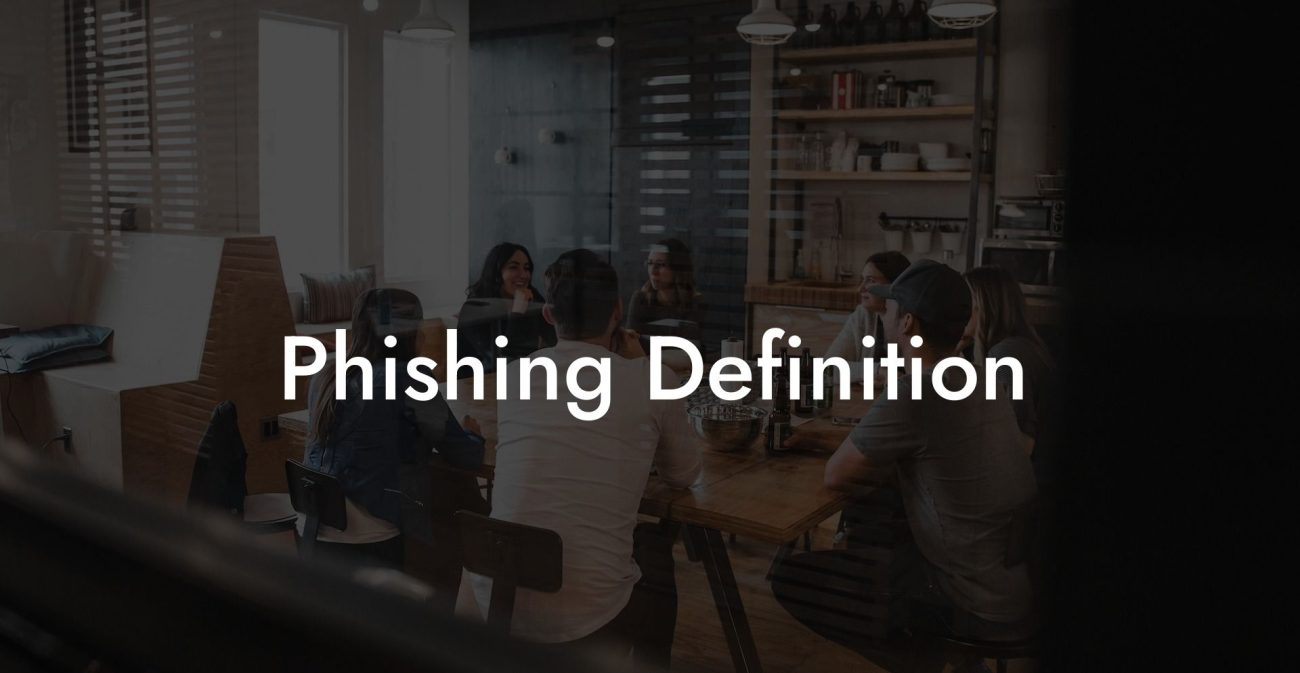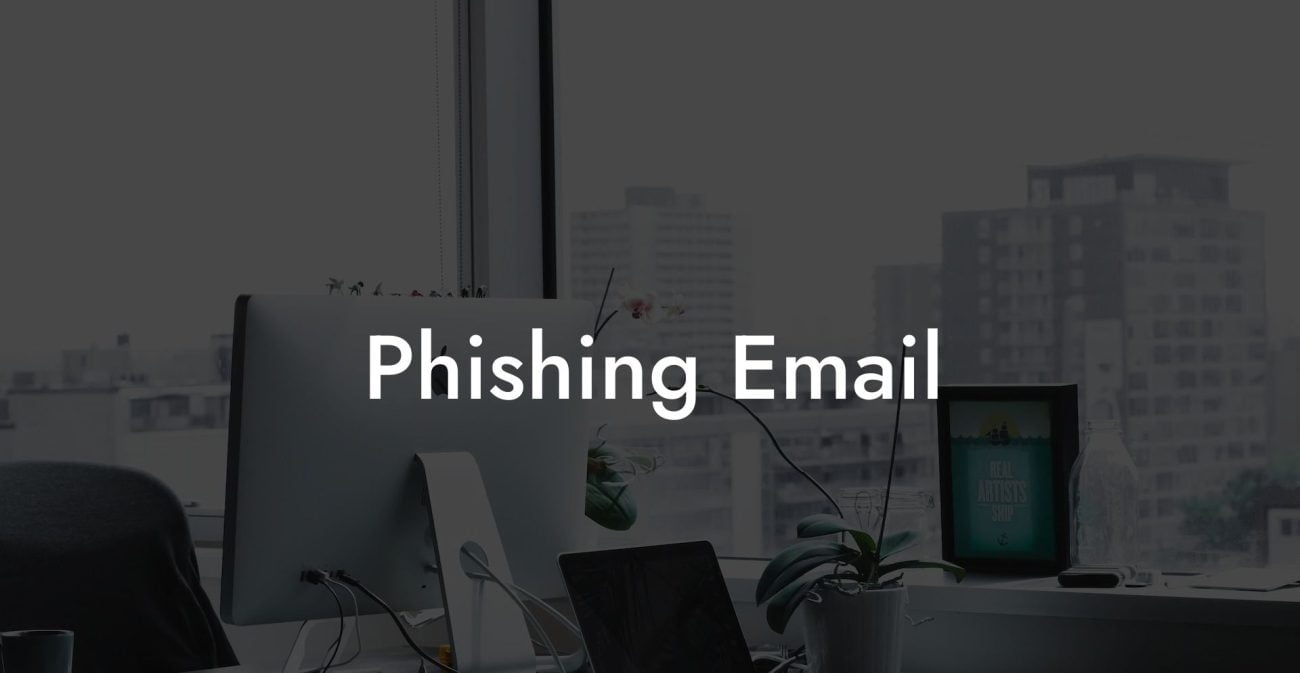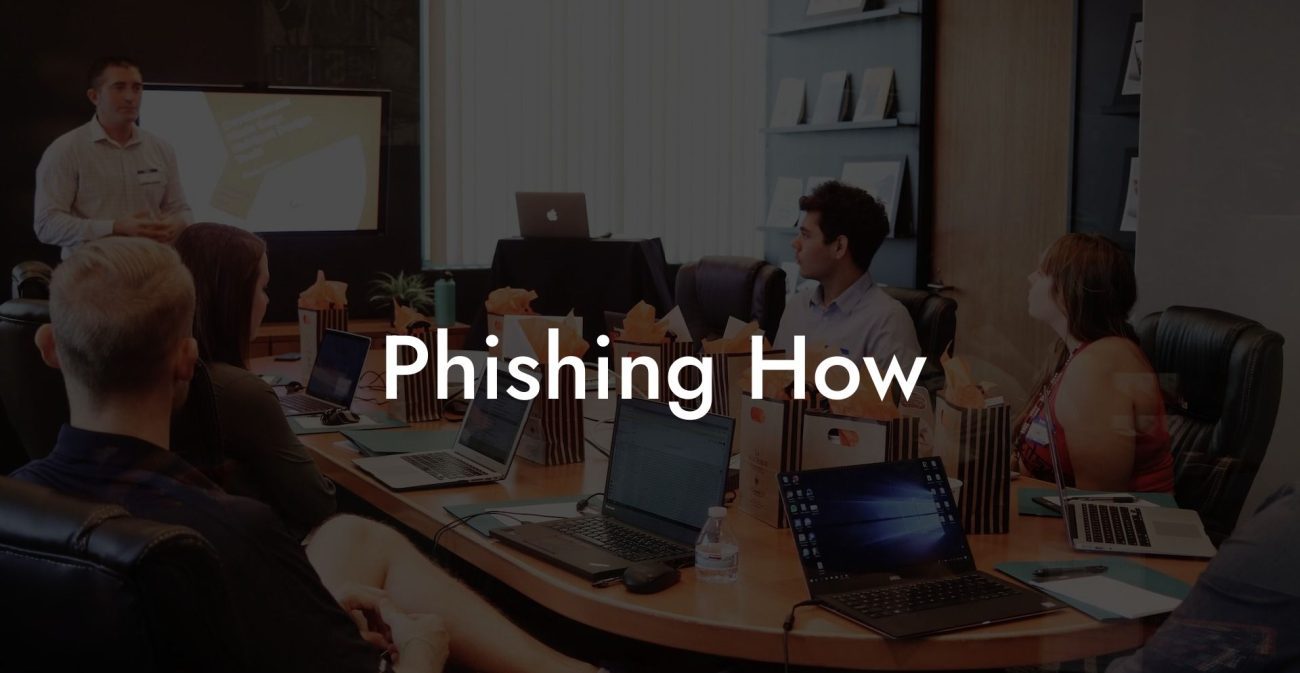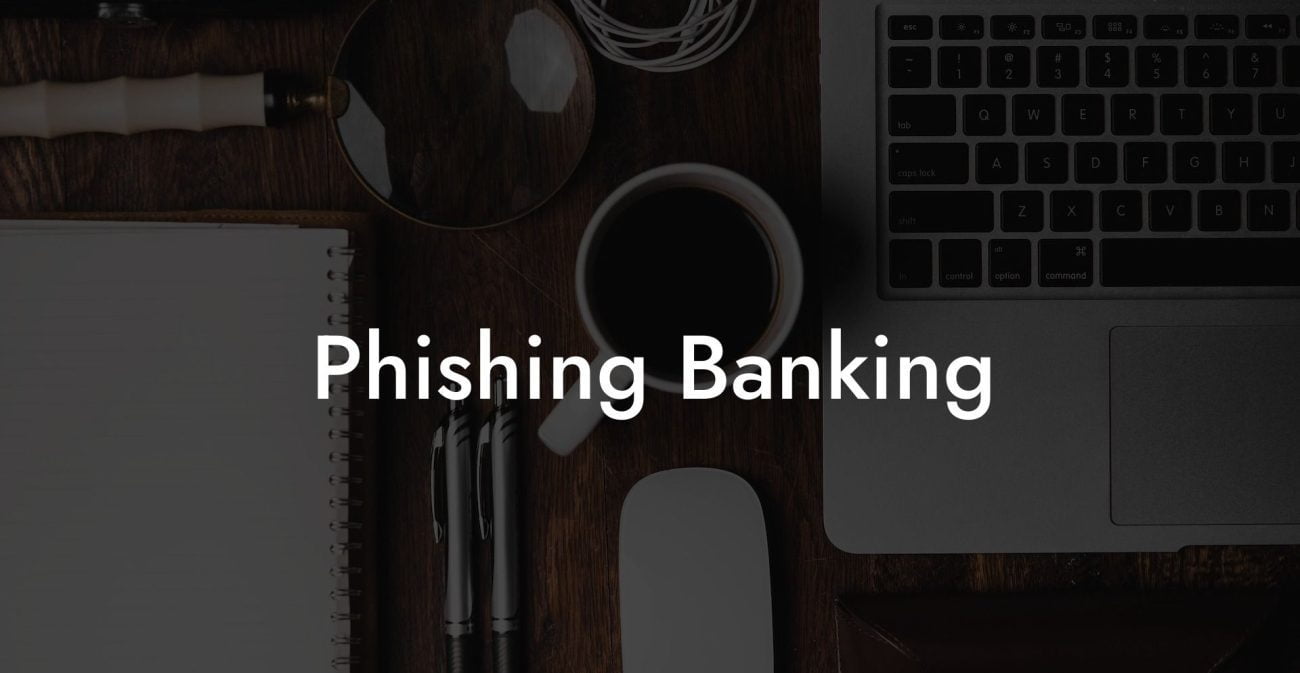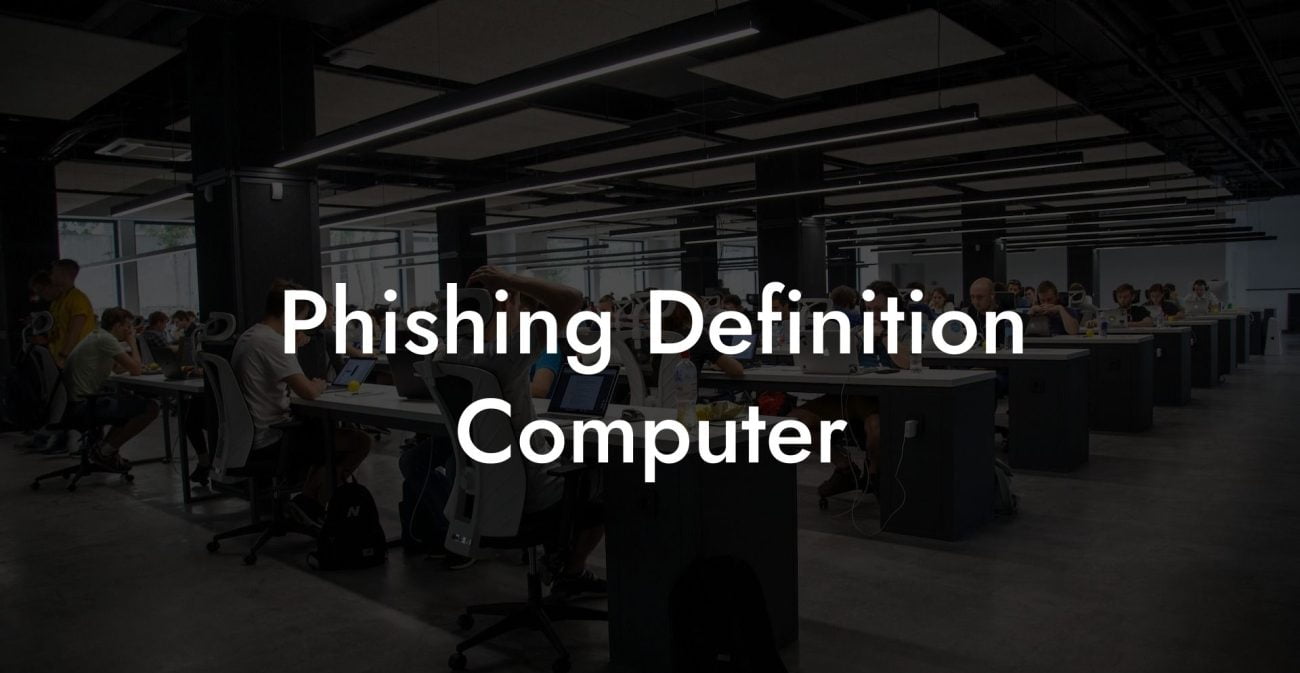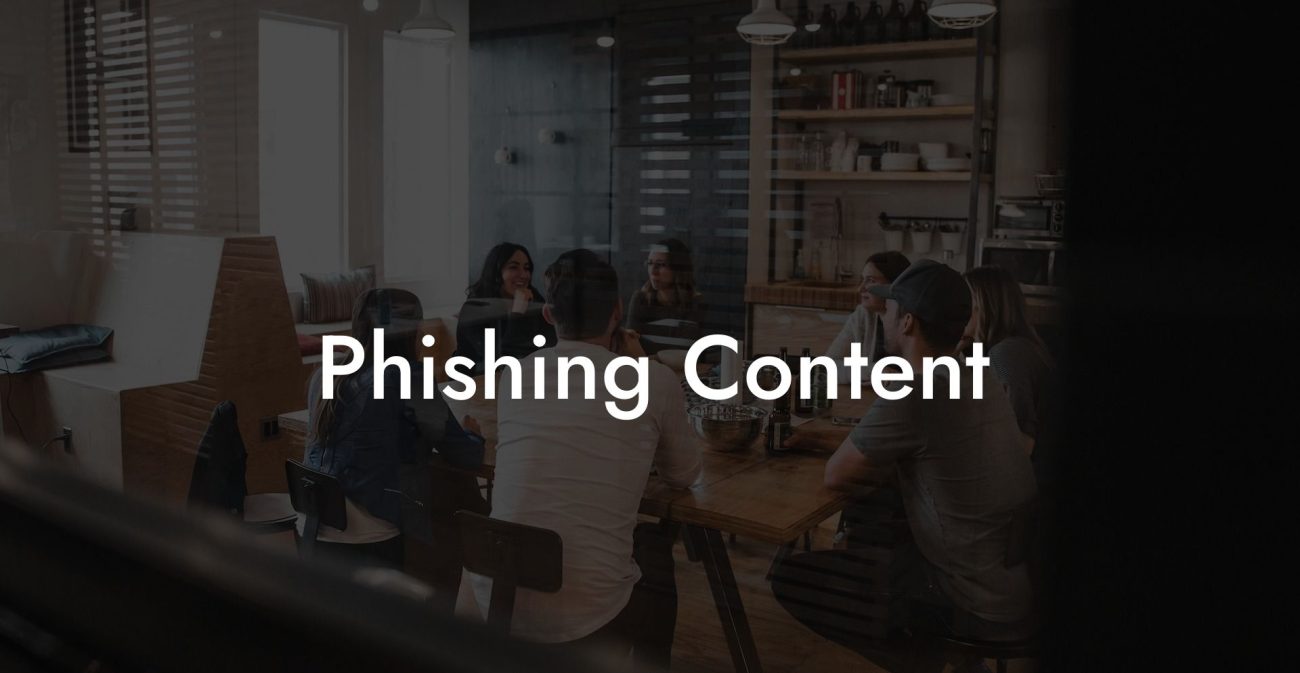Imagine this: You're an Office Manager, a gatekeeper to your company's internal affairs, and you receive an urgent email from your CEO. They request that you immediately wire a large sum of money to a particular account, and since it's your boss, you comply without any hesitation. But little did you know, that email never came from your actual CEO. Instead, it was the work of cunning scammers looking to exploit your company's top dog for their financial gain. This scenario is what we call "CEO phishing," and it continues to plague businesses around the world.
CEO Phishing Email Example Table of Contents
In this article, we'll delve into a CEO phishing email example, discussing how these scammers bring this nefarious plot into fruition. Additionally, we will identify strategies and best practices to counter such threats and protect your business from potentially devastating consequences.
Protect Your Data Today With a Secure Password Manager. Our Top Password Managers:
CEO phishing, also known as Business Email Compromise (BEC), is a type of Voice Phishing focused on tricking employees into transferring high-value assets, usually money, upon the request of their company's CEO. The cybercriminals behind these attacks typically employ an impersonation technique where they forge the email address of a high-ranking executive or even gain access to the CEO's actual email account. These phony requests often seem urgent and convey a sense of panic to force employees into completing the transaction without questioning its authenticity.
CEO Phishing Email Example
Subject: Urgent fund transfer required
Dear [Employee's Name],
Our company is currently in a precarious situation where we need to secure a valuable asset at the earliest. Due to the sensitive nature of this deal, I cannot disclose all details to everyone in the organization. I need your help to process a payment of $350,000 to an offshore account by end of the day. Failure to execute this transaction might lead to tangible harm to our reputation and foreseeable business opportunities.
Kindly wire the required amount to the below-mentioned account:
Bank Name: ABC International Bank
Account Name: XYZ Holding Limited
Account Number: [Account Number]
Swift Code: [Swift Code]
I expect you to treat this with the utmost priority and complete confidentiality. Once the transaction is processed, update me with the confirmation details. I trust you'll handle this responsibility with due diligence.
Thanking you in advance,
[CEO's Name]
CEO, [Company's Name]
In the above example, the scammer uses jargon (secure a valuable asset), emphasizes urgency, and creates trust by appealing to the employee's loyalty. Because the employee believes they're fulfilling the CEO's request, they're more likely to follow through with the transaction.
How to Protect Against CEO Phishing Attacks
While a CEO phishing email can be quite convincing, there are several measures that businesses and employees can implement to protect their company's valuable resources.
1. Employee education: Knowledge is the best defense against phishing attacks. Regularly train employees to recognize suspicious emails, verify the sender's identity through alternative channels, and encourage them to report any suspected phishing incidents.
2. Email filtering software: Use an advanced email filtering system to detect and block suspicious or malicious content before it reaches your employees' inboxes.
3. Two-factor authentication (2FA): Implementing 2FA for all email accounts and company systems adds another security layer, making it more challenging for scammers to gain access to sensitive information.
4. Limiting access to sensitive information: Have strict access policies in place, ensuring that the number of people who have access to sensitive information is kept to a minimum.
5. Implement verification procedures: Establish internal protocols for verifying financial transactions, such as a separate confirmation process requiring verbal or face-to-face approval from the CEO or another high-ranking executive.
Now that you're aware of CEO phishing email examples and how scammers target C-suite executives, be vigilant in scrutinizing email requests that seem urgent and demand significant financial transactions. We hope that this article has helped you to better understand the tactics used in these attacks, and we encourage you to share this knowledge with your colleagues to strengthen your company's defenses. Furthermore, please explore Voice Phishing's other blog guides to increase your understanding of similar threats and secure your business's assets.
Protect Your Data Today With a Secure Password Manager. Our Top Password Managers:

